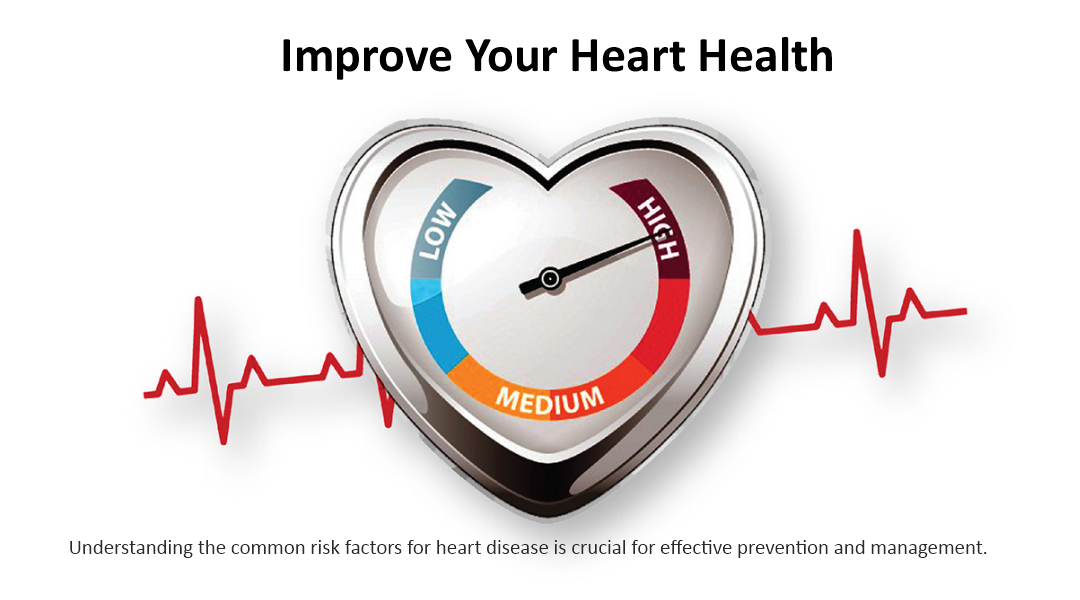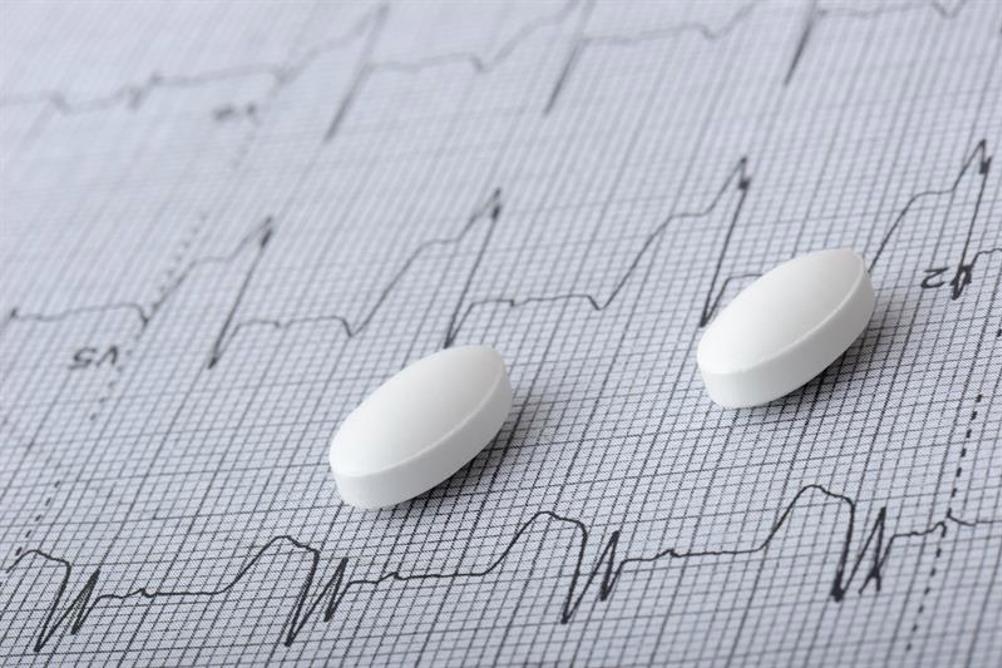Should You Undergo Testing for Heart Disease
Heart disease remains the leading cause of death globally, including in India. With increasing age, the risk of heart disease becomes more pertinent, making it essential for adults, particularly those over 40 and family caregivers, to be vigilant about heart health. Regular screening can help identify risk factors early, allowing for timely interventions and lifestyle adjustments. But is it necessary for everyone to undergo testing for heart disease? This article delves into the importance of heart health monitoring and the various tests involved.
The Importance of Heart Health Screening
Routine heart health screening is recommended from the age of 20, with follow-ups based on test results, personal health, and family history. The goal is to detect risk factors for heart disease early so that you and your healthcare team can formulate a plan to maintain your heart health. While not all forms of heart disease can be prevented, regular monitoring helps manage heart health effectively, allowing for early treatment before complications arise.
Key Risk Factors for Heart Disease
Understanding the common risk factors for heart disease is crucial for effective prevention and management. These include:
- High blood pressure
- High cholesterol
- Diabetes
- Overweight and obesity
- Smoking habits (current or past)
- Diet high in added sugars, sodium, and saturated or trans fats
- Physical inactivity
- Excessive alcohol use
- Family history of heart disease at a young age
Routine screening typically involves various tests to assess these factors and provide a comprehensive view of your heart health.
Types of Heart Health Tests
Medical History
A detailed medical history can help your doctor identify factors that may increase your likelihood of developing heart disease. Discussions about physical activity levels, dietary patterns, smoking habits, alcohol use, and current lifestyle habits are integral to this assessment.
Physical Exam
A physical exam allows your doctor to monitor factors that contribute to heart disease risk, such as blood pressure and weight measurements.
Blood Pressure Monitoring
High blood pressure, or hypertension, is a leading risk factor for heart disease. Regular monitoring, done at least yearly, helps detect elevated blood pressure early, reducing the risk of severe complications. Blood pressure readings are measured in millimeters of mercury (mm Hg) and recorded as systolic (upper) over diastolic (lower) readings. For example, a standard reading is “120 over 80”.
| Category | Systolic reading | Diastolic reading |
| Standard | lower than 120 mm Hg | lower than 80 mm Hg |
| Elevated | 120–129 mm Hg | less than 80 mm Hg |
| High Blood Pressure – Stage 1 | 130–130 mm Hg | 80–89 mm Hg |
| High Blood Pressure – Stage 2 | 140 mm Hg or higher | 90 mm Hg or higher |
BMI and Waist Circumference
During a physical exam, body weight and height are used to calculate your Body Mass Index (BMI), which helps assess if you’re overweight or obese.
| Category | Measurement |
| Underweight | BMI less than 18.5 |
| Standard | BMI between 18.5–24.9 |
| Overweight | BMI between 25.0–29.9 |
| Obesity | BMI 30.0 or more |
Alternatively, waist circumference can provide insights into body fat distribution, with higher abdominal fat linked to greater heart disease risk, even with a “normal” BMI.
Bloodwork
Blood tests monitor levels of compounds affecting heart function, such as cholesterol and glucose.
Cholesterol Testing
High blood cholesterol can lead to artery blockage, causing heart attacks or strokes. A simple blood test determines your cholesterol levels.
Blood Glucose Testing
Blood glucose readings, measured in milligrams per deciliter (mg/dL), assess the risk of diabetes and related heart disease.
| Category | Measurement |
| Normal A1C Results | less than 5.7% |
| Normal Fasting Blood Sugar Results | less than or equal to 99 mg/dL |
| Normal Glucose Tolerance Results | less than or equal to 140 mg/dL |
Blood glucose testing is recommended every three years starting at age 45 or earlier if risk factors are present.
Additional Testing
If initial tests indicate potential heart disease or increased risk, further assessments may be necessary.
Heart Monitoring
Electrocardiogram (ECG or EKG)
An ECG detects abnormal heart rhythms using electrode sensors attached to the chest, arms, and legs.
Holter Monitor
A wearable ECG device for continuous heart rate monitoring over 24 to 48 hours or longer, providing data on heart function over time.
Stress Test
An ECG performed during exercise or with medication-induced stress to evaluate heart performance under pressure.
Heart Imaging
Echocardiogram
An ultrasound scan capturing heart structure, size, shape, and function.
Other Imaging Techniques

Non-invasive methods like chest X-rays, CT scans, or MRI scans offer additional insights into heart health.
Coronary Angiogram
A catheter-based procedure with dye and special X-ray to visualize blood flow and perform minor surgical interventions if necessary.
Genetic Testing
Genetic testing might be recommended for individuals with a family history of inherited heart diseases, such as hypertrophic cardiomyopathy (HCM). Discuss your family history with your doctor to determine if genetic testing is beneficial.
Heart disease manifests in various forms, significantly impacting health. Regular testing can identify potential issues early, enabling timely diagnosis and intervention to protect heart health.
For more information and guidelines, refer to credible sources such as the World Health Organization and the American Heart Association.
Stay proactive about your heart health—early detection and management are key to maintaining a healthy heart.






